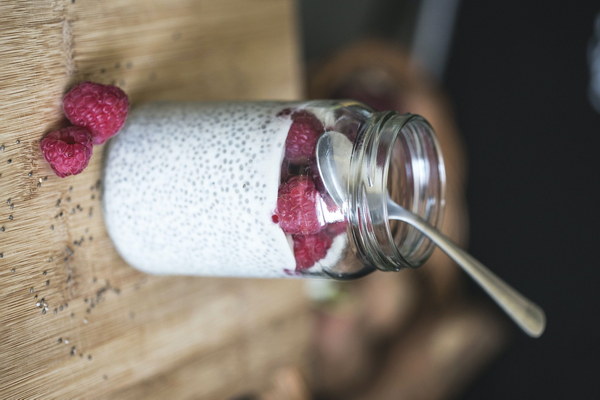Nurturing Your Lungs and Soothing Coughs A Guide to Dietary Dos and Donts
In the quest for respiratory health, the role of diet cannot be overstated. Nurturing your lungs and soothing a persistent cough often involves more than just popping a pill; it requires a mindful approach to the foods you consume. This article delves into the essential dietary do's and don'ts for those looking to support lung health and alleviate cough symptoms.
Dietary Do's for Lung Health and Cough Relief
1. Hydration is Key: Adequate water intake is crucial for maintaining lung function. Water helps thin mucus, making it easier to expel and reducing the severity of coughs. Aim for at least eight glasses a day, and consider herbal teas or broths that are not only hydrating but also soothing for the throat.

2. Boost with Berries: Berries such as blueberries, strawberries, and raspberries are rich in antioxidants that can help reduce inflammation in the lungs. These fruits also support the immune system, which is vital for fighting off infections that can lead to coughs.
3. Incorporate Spices: Spices like turmeric, ginger, and garlic have anti-inflammatory properties that can help reduce coughing and clear the lungs. They can be added to soups, stews, or teas for a flavorful and therapeutic kick.
4. Fiber-Rich Foods: Foods high in fiber, such as whole grains, legumes, and vegetables, can help prevent constipation, which can exacerbate coughs. They also promote gut health, which is closely linked to overall immune function.
5. Omega-3 Fatty Acids: Foods rich in omega-3s, such as fatty fish, flaxseeds, and walnuts, can help reduce inflammation in the lungs. These healthy fats also support the immune system and can be beneficial for those with chronic lung conditions.
6. Probiotic-Rich Foods: Probiotics, found in yogurt, kefir, and fermented foods, can help maintain a healthy gut flora, which is essential for a robust immune response. A healthy gut can contribute to better lung function and quicker recovery from respiratory issues.
Dietary Don'ts to Avoid Cough Triggers
1. Avoid Irritants: Foods that are spicy, excessively salty, or contain high amounts of sugar can irritate the throat and lungs. This includes overly processed foods and those with artificial additives.
2. Stay Clear of Alcohol and Caffeine: Both substances can be dehydrating and irritate the respiratory system, leading to increased coughing. It's best to limit or avoid alcohol and caffeine, especially during a cough.
3. Limit Dairy: Dairy products can thicken mucus, making coughs worse. If you're experiencing a persistent cough, it may be beneficial to reduce your intake of dairy or eliminate it temporarily to see if there's an improvement.
4. Avoid Allergens: Foods that you may be allergic to can exacerbate respiratory symptoms. If you're unsure about your food allergies, consult with a healthcare provider.
5. Stay Away from Smoking and Secondhand Smoke: Smoking and secondhand smoke are significant contributors to lung disease and can worsen cough symptoms. If you're a smoker, quitting is one of the best things you can do for your lung health.
In conclusion, your diet plays a vital role in the health of your lungs and the management of coughs. By incorporating hydrating fluids, immune-boosting fruits and vegetables, and anti-inflammatory spices into your diet, and by avoiding irritants and allergens, you can take significant steps toward supporting your respiratory health. Remember, it's always best to consult with a healthcare professional before making major changes to your diet or treatment plan.









